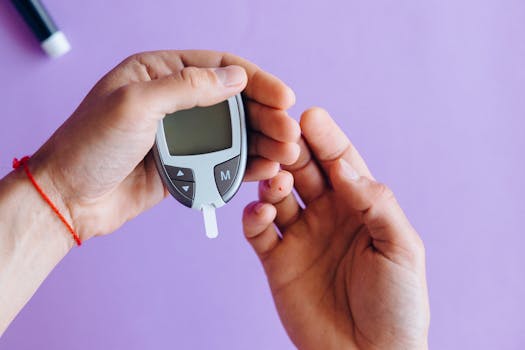The Negative Impact of Artificially Sweetened Drinks on Metabolism and Weight
In recent years, the consumption of artificially sweetened drinks has surged, with many people turning to these beverages as a means to reduce calorie intake and manage weight. However, emerging research suggests that these drinks may have unintended consequences on metabolism and weight management. This article delves into the negative impacts of artificially sweetened drinks, exploring how they can disrupt metabolic processes and contribute to weight gain.
Understanding Artificial Sweeteners
Artificial sweeteners, also known as non-nutritive sweeteners, are synthetic sugar substitutes that are often much sweeter than sugar but contain few or no calories. Common examples include:
- Aspartame
- Sucralose
- Saccharin
- Steviol glycosides (Stevia)
These sweeteners are frequently found in diet sodas, sugar-free snacks, and various low-calorie products. While they are marketed as healthier alternatives to sugar, their effects on the body are increasingly coming under scrutiny.
The Metabolic Disruption Hypothesis
One of the primary concerns regarding artificially sweetened drinks is their potential to disrupt normal metabolic processes. Research indicates that these sweeteners may interfere with the body’s ability to regulate blood sugar and insulin levels. A study published in the journal “Nature” found that artificial sweeteners can alter gut microbiota, leading to glucose intolerance in some individuals. This disruption can result in:
- Increased insulin resistance
- Higher blood sugar levels
- Altered appetite regulation
These metabolic changes can create a vicious cycle where individuals may consume more calories overall, counteracting the intended weight loss benefits of choosing artificially sweetened drinks.
Weight Gain and Artificial Sweeteners
Contrary to the belief that artificially sweetened drinks can aid in weight loss, several studies have shown a correlation between their consumption and weight gain. A longitudinal study published in the “American Journal of Clinical Nutrition” tracked over 500 participants and found that those who consumed diet sodas regularly experienced a greater increase in waist circumference compared to those who did not consume these beverages. Key findings include:
- Participants who consumed diet sodas daily gained an average of 3.2 inches in waist circumference over a decade.
- Regular consumption of artificially sweetened drinks was linked to a higher risk of obesity and metabolic syndrome.
This paradox raises questions about the effectiveness of artificial sweeteners as a weight management tool and suggests that they may contribute to the very problem they are meant to solve.
Psychological Factors and Overconsumption
Another aspect to consider is the psychological impact of consuming artificially sweetened drinks. Many individuals may feel justified in consuming more calories because they are drinking “diet” beverages. This phenomenon, known as the “licensing effect,” can lead to:
- Increased consumption of high-calorie foods
- Reduced awareness of overall caloric intake
- Misleading perceptions of healthfulness
For instance, a person may choose a diet soda with their meal, believing they are making a healthier choice, only to indulge in a larger portion of high-calorie food, negating any calorie savings from the drink.
Case Studies and Real-World Implications
Several case studies highlight the negative impact of artificially sweetened drinks on metabolism and weight. For example, a study conducted by researchers at the University of Texas found that individuals who consumed diet sodas daily had a 70% greater increase in waist circumference compared to those who did not consume these beverages. This finding underscores the potential risks associated with relying on artificial sweeteners for weight management.
Conclusion: Rethinking Our Beverage Choices
As the evidence mounts regarding the negative impact of artificially sweetened drinks on metabolism and weight, it is crucial for consumers to reconsider their beverage choices. While these drinks may seem like a convenient solution for reducing calorie intake, they can lead to metabolic disruptions, weight gain, and unhealthy eating behaviors. Instead of reaching for artificially sweetened beverages, individuals may benefit from opting for water, herbal teas, or naturally flavored drinks that do not contain artificial ingredients.
In summary, the consumption of artificially sweetened drinks may not be the weight-loss solution many believe them to be. By understanding their potential negative impacts on metabolism and weight, individuals can make more informed choices that support their health and wellness goals.
